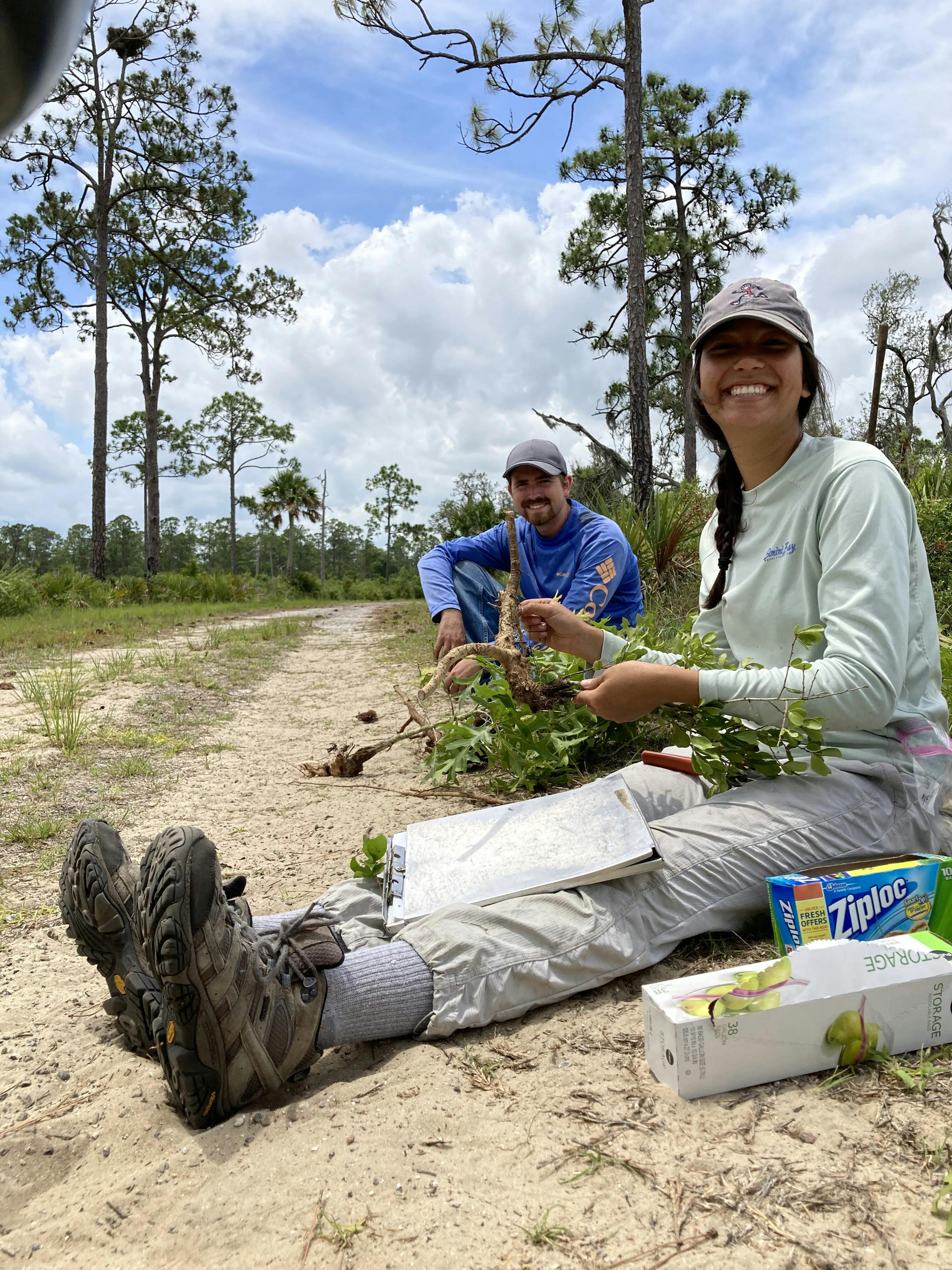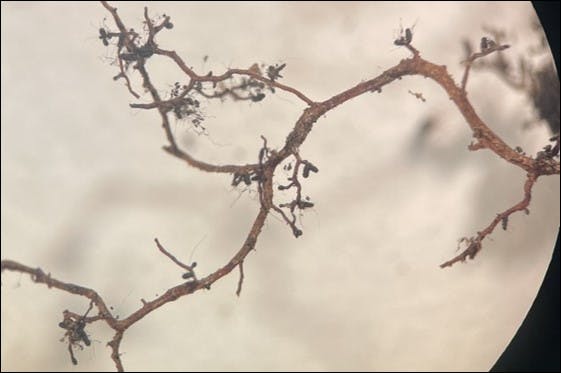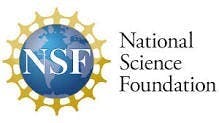
Mother Nature’s Little Helpers
Understanding the microbes underlying the Florida scrub’s biodiversity
The Florida scrub is a stressful environment for plants to thrive, yet for some species, the intimate associations they form with fungi and bacteria determine their success. These microbes include mycorrhizal fungi, leaf pathogens, and the diverse communities of soil microbes. Our research focuses on plant-microbe interactions across environmental stress gradients, particularly whether microbial benefits to the plant increase with stress.
Major Findings & Impact
Microbes likely underlie the success of several species of plants, including the endangered Hypericum cumulicola that requires specific soil microbes and several species of oaks that rely on mycorrhizal relationships.
Project Details
More about this project
Collaborators
Michelle Afkhami (University of Miami) Christopher Searcy (University of Miami)
Data and Analysis Types
Environmental sequencing, microscopy of ectomycorrhizae and arbuscular mycorhizae, macrofungi collections
Primary Location(s)
Archbold Biological Station
Years Active
2016-present
Related People
Related Programs

Featured Publications
“As habitats become drier or more stressful, plant species often begin to help each other out. In ecology that’s referred to as a positive interaction. What we do in this study is to see how soil microbes are benefiting, or not benefiting, the Florida scrub plant species that they are associated with.”

%202%20(1).jpg&w=3840&q=75)
